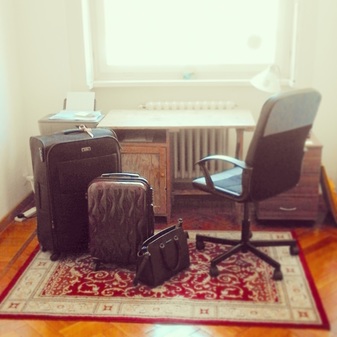
This will be the first time I visit America, something I've wanted to do since I first read a Judy Blume novel aged about 9. And it will also be the first time that I meet many of the people at my American publisher who have worked with me on The House at the Edge of Night. My agency WME and my US publishers, Penguin Random House, have also organised a special event for the book, so I'm looking forward to meeting US bloggers, writers and journalists on Tuesday and introducing The House at the Edge of Night to some of its first prospective readers.
As a writer, there will always be particular people, especially at your agency, your home publisher and also if you have other editors working jointly on the book, who you get to know well and who may even become friends and lifelong allies. But there will always be other people who do so many important things - like designing the perfect cover, or contributing just the right editorial comments, or advocating for the book with readers in their country so that people around the world know about its existence - whom you never get a chance to meet. So for me, this trip is a chance to visit some of the people in the US who have worked alongside me on the book, and catch up with others who I've already had the chance to get to know, and say thank you. The second suitcase in the picture is full of Italian chocolates and may be confiscated at customs, but if it arrives I'm looking forward to sharing them with everybody at my US publisher over a glass of Prosecco, and thanking them in person for all the passion and enthusiasm they have put into the book.
And the first thing I'm going to do when I arrive? Go to a diner. Believe it or not, this is a lifelong dream of mine. (My husband, who is half American, can't understand why I am excited about this.) European readers, I'll report back...
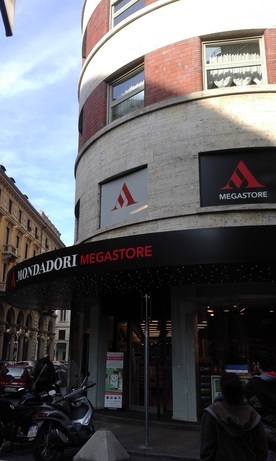
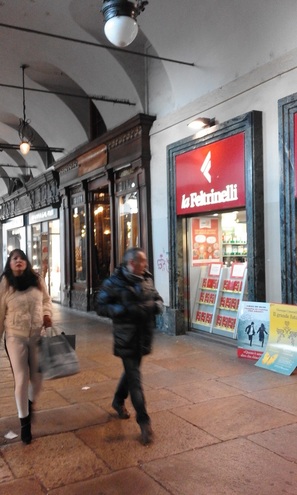
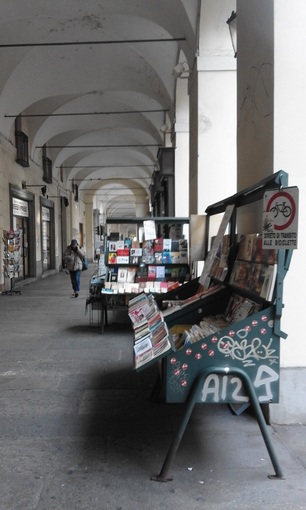
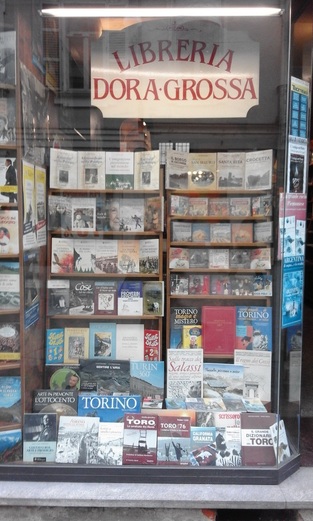
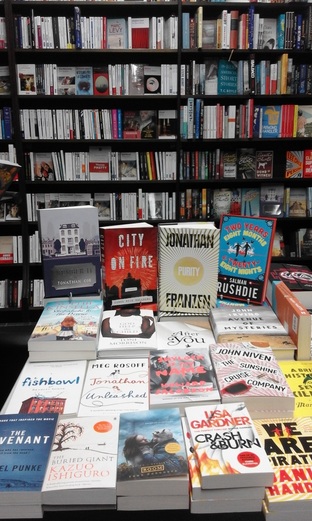
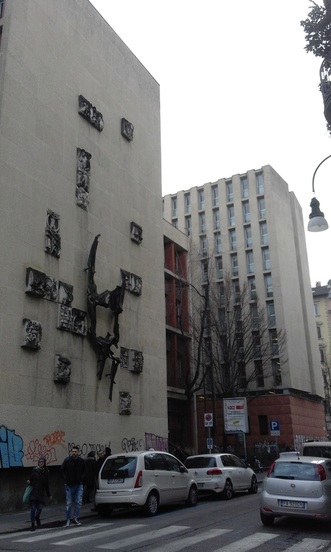
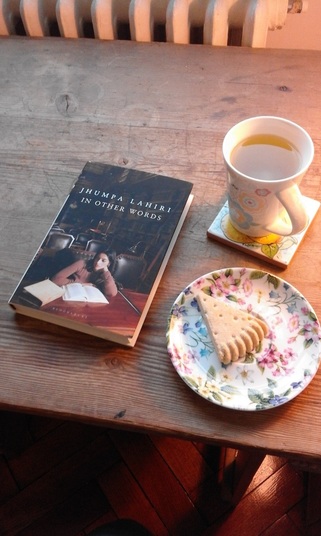
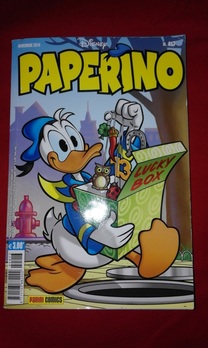
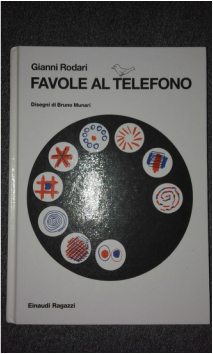
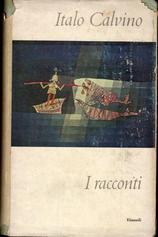
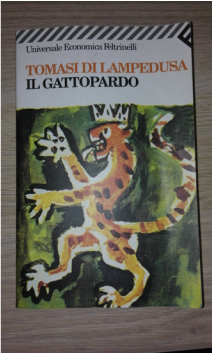
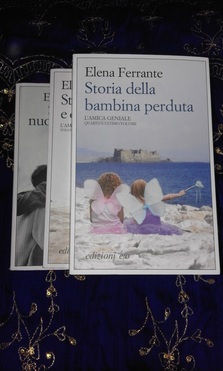
 RSS Feed
RSS Feed
